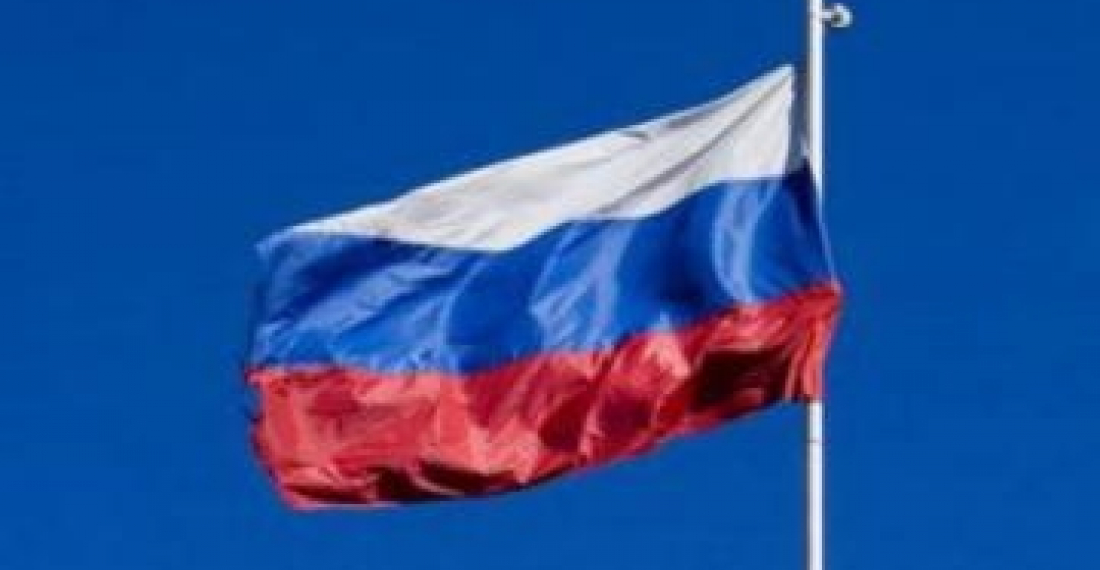The statement is contained in the Concept of foreign policy of Russia ratified by President of Russia Vladimir Purin and posted on the official website for the Russian Foreign Ministry on 12 February 2013.
The document says that Russia will be involved in search of ways for solving the Trans-Dniester problems based on respect for sovereignty, territorial integrity and a neutral status of Moldova in definition of a special status of Trans-Dniester, promote resolution of the Karabakh conflict in cooperation with other states co-chairing in the OSCE Minsk Group on the basis of principles fixed in the joint statements of the presidents of Russia, United States and France made in 2009-2011.
"The priority directions in the Russian foreign policy are the development of bilateral and multilateral cooperation with the CIS states, further strengthening of the CIS, basis of deepening of regional interaction of its participants who have not only the common historical heritage but also the broad potential of integration in different spheres", the document says.
News.Az







